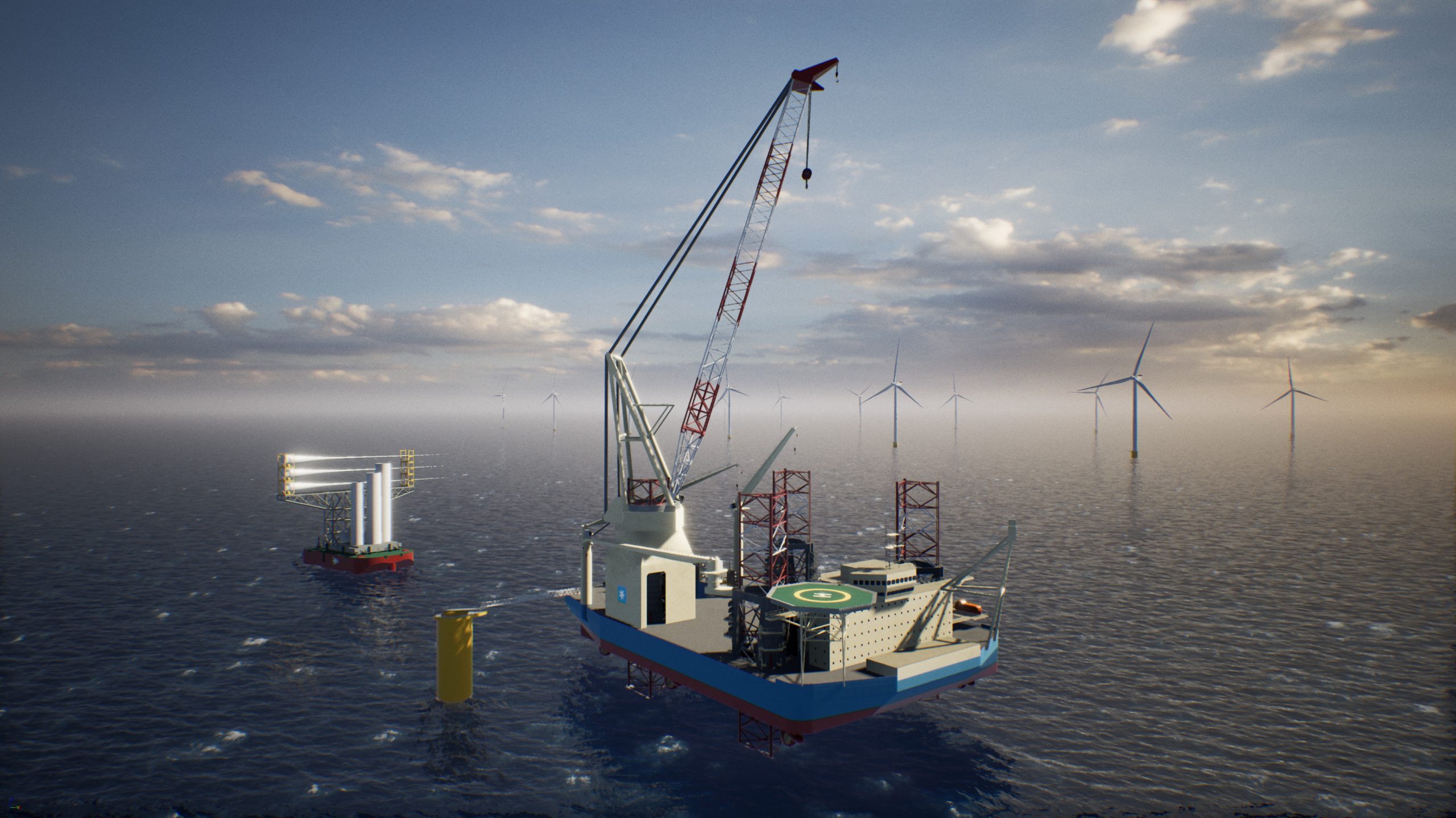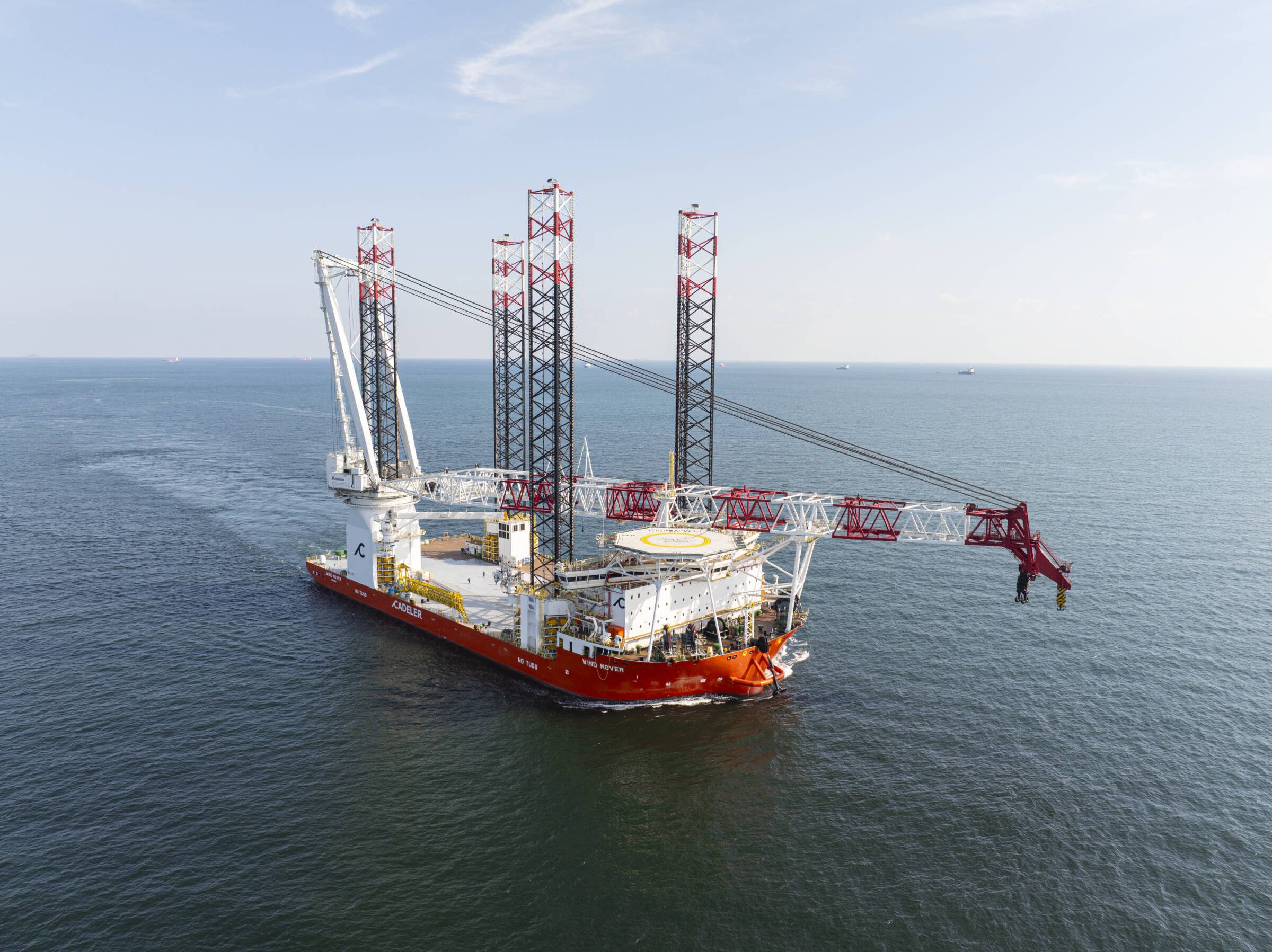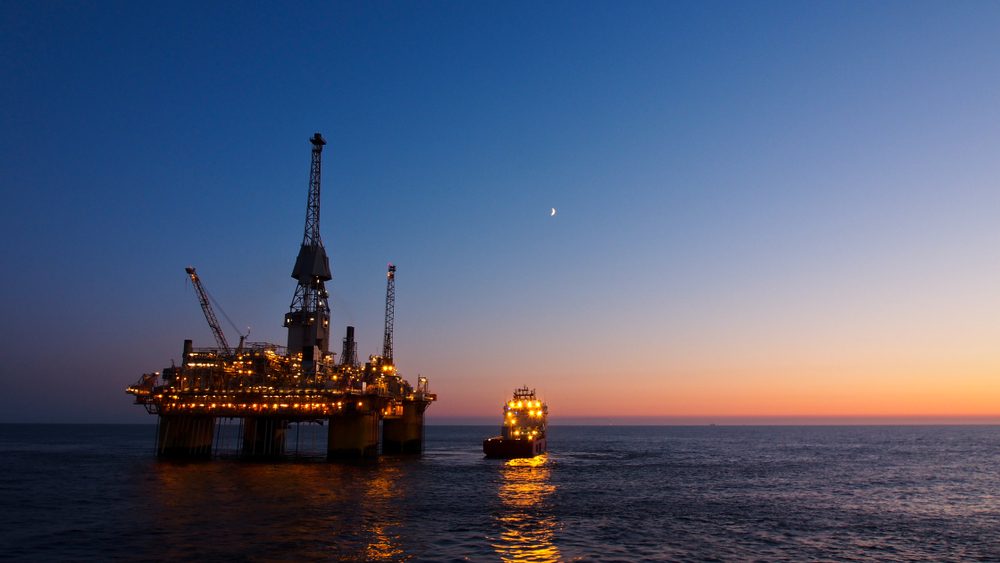 WASHINGTON—The U.S. on Wednesday approved a Royal Dutch Shell PLC plan to drill for oil in five locations deep under the Gulf of Mexico.
WASHINGTON—The U.S. on Wednesday approved a Royal Dutch Shell PLC plan to drill for oil in five locations deep under the Gulf of Mexico.
The Shell plan is the second deep-water exploration plan approved in the Gulf since the government lifted a moratorium on deep-water drilling last October following the BP PLCoil spill. At least six other plans for deep-water exploration in the Gulf are pending.
The Shell plan includes five wells in about 7,200 feet of water roughly 72 miles off the Louisiana coast. U.S. regulators assessed the plan and determined it met new safety standards instituted after the Gulf oil spill last year.
The drilling “would not have a significant impact on the quality of the human environment,” according to a press release from the Bureau of Ocean Energy Management, Regulation, and Enforcement, which oversees offshore drilling.
Environmental groups have signaled they would challenge the government in court if it determined the Shell plan would have no significant impact.
Michael Bromwich, head of the ocean energy bureau, defended the decision and the new safety standards.
“The standards are higher than they used to be, and further support our goal of ensuring that deep-water exploration is done more safely and with greater protections for the environment than ever before,” Mr. Bromwich said in the press release.
(c) 2011 Dow Jones & Company, Inc.

 Join The Club
Join The Club











